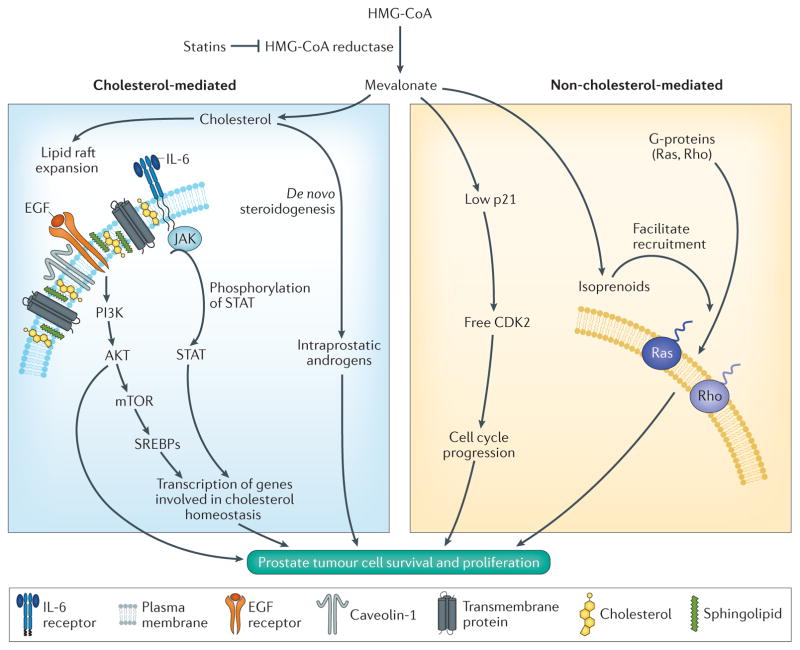Figure 2. Mechanisms of prostate cancer growth affected by the mevalonate pathway.
Statins inhibit HMG-CoA reductase, the rate-limiting enzyme in the mevalonate pathway that results in the synthesis of cholesterol and isoprenoids. Cholesterol is the sole precursor for sex steroid biosynthesis and has been shown to increase tumour androgen signalling and stimulate tumour growth in mouse models of prostate cancer. In addition, cholesterol is a key component of lipid rafts, which facilitate intracellular signalling processes by serving as organizing centres for the assembly of signalling molecules, such as the epidermal growth factor (EGF) and IL-6. EGF and IL-6 activate the PI3K AKT and JAK–STAT pathways, respectively, enhancing the transcription of genes involved in cholesterol homeostasis. The mevalonate pathway can also support prostate tumour growth via non-cholesterol-mediated mechanisms. For example, resulting isoprenoids, such as farnesyl pyrophosphate and geranyl pyrophosphate, facilitate recruitment of G-proteins Ras and Rho to the plasma membrane. High mevalonate levels suppress levels of the cyclin-dependent kinase inhibitor 1 (p21), thereby promoting cell cycle progression via activation of cyclin-dependent kinase 2 (CDK2) activity. SREBPs, sterol-regulatory-element-binding proteins.

